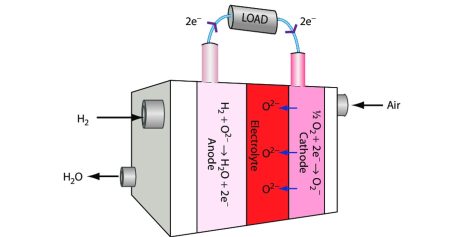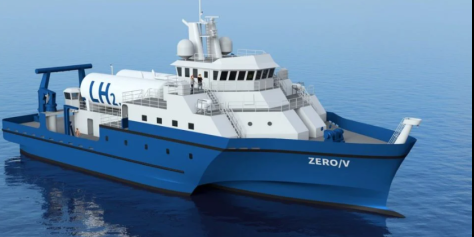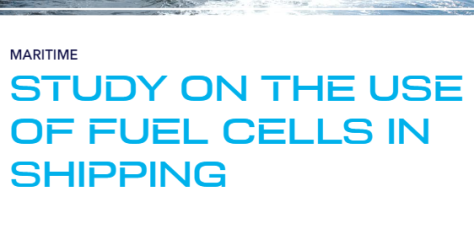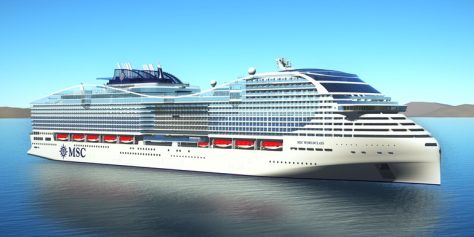A prototype fuel cell that will be able to use different fuels - including green ammonia and LNG - will be tested at the Norwegian Sustainable Energy catapult center before being installed on an Odfjell chemical tanker.
In recent times, hydrogen fuel cells are the best option for truck fleets and in confined spaces such as ports, airports and warehouses where hydrogen forklifts help reduce emissions. The long-term cost of hydrogen-powered equipment is in line with diesel-powered equipment, making it an attractive alternative. Furthermore, hydrogen produced on a large scale by electrolysis from renewable sources is today on par with diesel for the automotive, bus and truck industries.
Fuel Cells are a promising technology in the context of clean power sustainability and alternative fuels for shipping. Different specific developments on Fuel Cells are available today, with research and pilot projects under evaluation that have revealed strong potential for further scaled up implementation. The EMSA Study on the use of Fuel Cells in Shipping has been the result of this Agency's initiative, under the agreement of the Commission and in support of EU Member States, an important instrument, developed in close partnership with DNV-GL.
Powered by LNG, SOFC technology will deliver electrical efficiency up to 60% and will also eliminate nitrogen oxide, sulfur oxide and fine particulate emissions. In addition, it will reduce greenhouse gas emissions by approximately 30% compared to conventional dual-fuel LNG engines.




